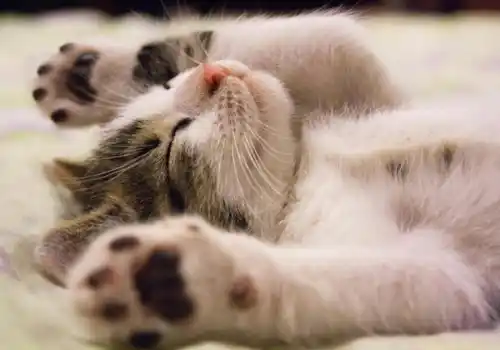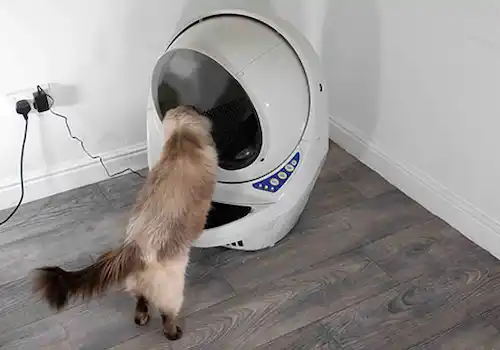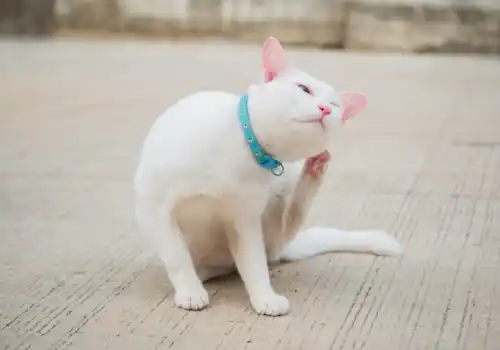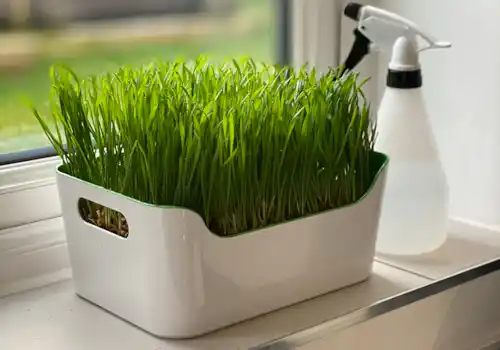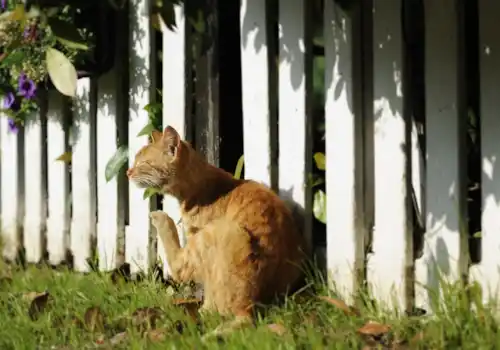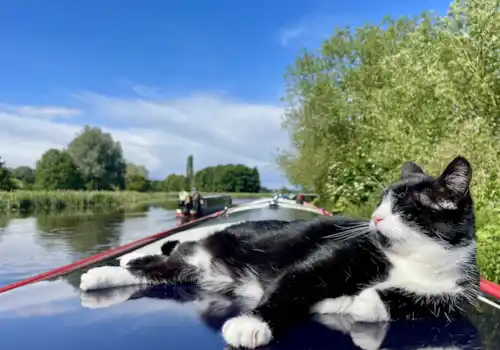Looking for information on controlling and managing diabetes in cats? Follow vet Andrea Harvey's advice...
(Q) I have an 11-year-old cat called Purrno who was diagnosed with diabetes. For almost a year my vets have tried varying doses of different insulins (Caninsulin and Insuvet), and he also takes Minidiab tablets, half twice daily, and has Hill's w/d and m/d foods mixed with wet food.
It doesn't matter what combination of insulin, food and tablets we try, his glucose levels just won't come down - and we can't get his weight up, no matter how much we feed him. Recently the vet suggested trying to wean him off the insulin, but as we did this he became unwell; he went off his food and was sick and sluggish. Since we have increased his dose he has picked up again.
The vet has now told us that he doesn't know where to go next. We have been told just to carry on with his current treatments and food. What do you suggest?
Vet Andrea Harvey advises: What you describe is a very common problem and can happen for many reasons. Sometimes a concurrent disease may be present that is reducing the effectiveness of insulin. Individual response can vary between different insulins.
In some cats Caninsulin and Insuvet Lente may not last very long and therefore if blood sugar testing is only done a few times throughout a day, the effect may not be observed. Another type of insulin, Insuvet PZI, is, in some cats, is not absorbed well from under the skin so no matter what dose is given it may not have a discernible effect.
Some cats also develop a hardened area of skin from multiple injections in the same site, so none of the different insulins may be absorbed well. Diabetic control can also be difficult to assess in cats as blood sugar can easily increase with the stress of going to the vet and having a blood sample taken.
Finally, one common problem during stabilization occurs if the dose is increased by too much too quickly. The body takes time to respond to changes in dose, and an overdose can result in the body producing counteractive hormones that rapidly increase blood sugar dramatically in a protective response. This means that when blood sugar is re-tested it is actually high and we think that is the result of inadequate amounts of insulin and so further increase the dose - making this 'rebound' reaction worse.
Often, cats that have not stabilized need to be hospitalized to have very frequent and precise blood sugar measurements taken. If we do all this and find there is no response, then we start looking for underlying problems (urinary tract infections or pancreatitis, for example) that could be reducing the response to insulin.
These cases are often referred to a feline specialist for further assessment - so this would be something worth discussing with your vet. If this is not an option, then your vet could contact a specialist to discuss Purrno's care.

